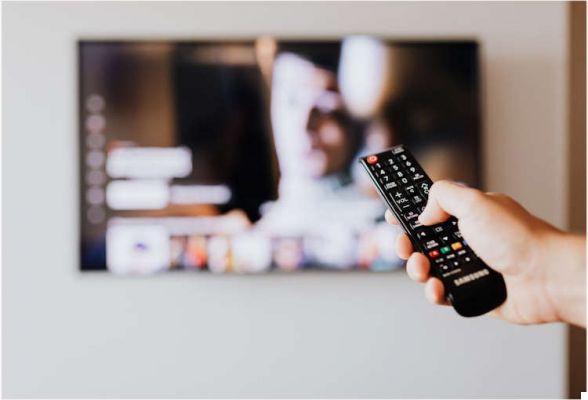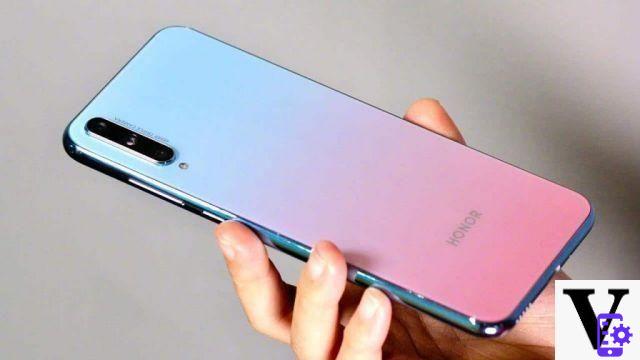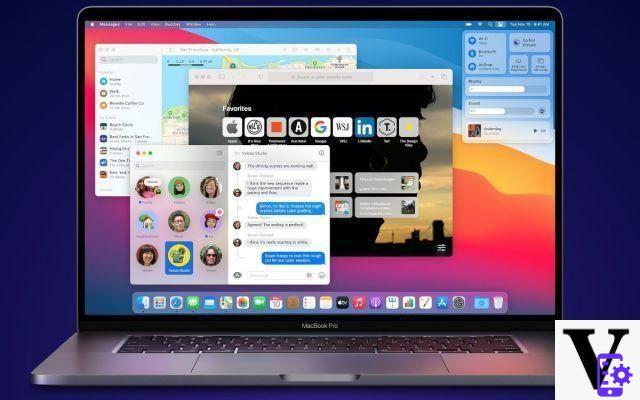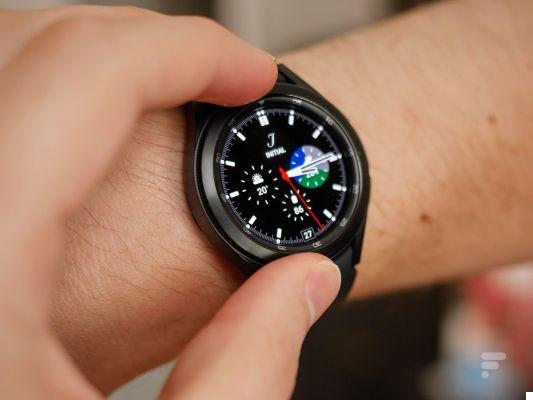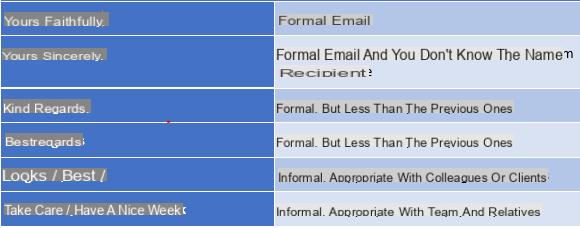
Do you need to write to an English-speaking correspondent? Here are some tips to help you write an e-mail correctly in English, using the correct form and language. And avoiding the pitfalls of verbatim transcription!
"Dou iou spique inegliche?" If your level of English does not exceed this sentence written in phonetics, your internet life is surely not easy every day ... Certainly, to consult web pages available only in the language of Shakespeare, you can still manage. with the translator built into your Internet browser - Chrome is doing quite well - or online translation tools. But when it comes to writing an email for a professional activity or to contact the technical support - you know, the help desk - of an online service or a merchant, it is another. case…
In fact, in addition to the vocabulary which may be lacking, it is often the sentence structures, expressions and standard formulations which betray the lack of mastery of a language, both orally and in writing. Not to mention mistakes in meaning, which can lead to a regrettable misunderstanding, certain clumsy or inappropriate expressions can make your interlocutor uncomfortable and thus damage your image, especially in a professional context.
So here is a list of common expressions and tips to help you write email correctly in English, without falling into the most common traps.
What formulas to use in an email in English?
In all correspondence, whether on paper or electronically, it is essential to know how to use the appropriate terms and appropriate formulas. Generally speaking, exchanges in English are less formal than in French, in particular because there is no distinction between familiarity and address in English. Do not hesitate to draw inspiration from the formulations used by your interlocutor to write your own message.
In an email, the Subject field - sometimes entitled Subject - must indicate both precisely and concisely the purpose of your letter. Your correspondent must understand what it is, before even opening and reading your message.
Then, several expressions are allowed to start a message. They depend of course on your degree of familiarity with your interlocutor, your hierarchical relationship within the framework of a professional exchange, and the history of your correspondence. The introductory sentence must give a precise indication of the objective of the message, consistent with the subject. It is still not necessary to introduce yourself at length at the beginning of the email, as your signature usually gives precise information about your identity.
Finally, it is good to conclude an email with a polite phrase. Here again, several expressions can be used, depending on the nature of the message and the type of relationship with your correspondent.
Subject field
| French | English | Remarks |
|---|---|---|
| Contact: from | Contact: on behalf of |
Person's name tracking |
| Request : | Request: | |
| Request for clarification: | Supplemental details: | |
| Relaunch : | Second request: | Or third if it is the third |
| Candidacy : | Application: | |
| Complaint : | Claim: | Tracking an invoice number and the designation of an object for example |
| Regarding your question of: | As per your question from: | Date tracking |
Greetings
| French | English | Remarks |
|---|---|---|
| Hello Mark | Hello Mark, Hi Mark | Informal. In an email, it assumes a tie, a follow-up correspondence. On the other hand, this will appear quite normal during an online "chat" session with an assistance service for example. |
| Dear John, Dear Mary | Dear John, Dear Mary | Neutral and therefore goes everywhere. |
| Dear Mr. Smith, Dear Mrs. Jones | Dear Mr. Smith, Dear Mrs. Jones | Very formal, to address a client in particular. Don't forget the period after Mr. (pronounced "misteur" for Monsieur) and Mrs. (pronounce "missiz" for Madame). Mrs. is normally reserved for married women. If you have any doubts and don't want to slip up, replace "Mrs. With "Ms" (pronounced "miz"). Be careful, not for a very young woman. |
| To whom it may concern, For the person in charge of | To whom it may concern | In the case of an unknown recipient, for example for an application. |
Handshake
| French | English |
|---|---|
| I am contacting you about | I'm writing in connection with |
| I am contacting you in relation to | I am contacting you with regard to |
| Your name was given to me by | I was given your name by |
| I am contacting you on behalf of | I am writing to you on behalf of |
Informative message
Request
| French | English | Remarks |
|---|---|---|
| I would be grateful if you could | I would be very grateful if you could | Formal. Avoid the elision “I'd” for “I would”. |
| Would you be kind enough to | Would you be so kind as to | Formula. |
| Could you please | Could you please | Neutral. |
Relaunch and follow-up
Thanks
| French | English | Remarks |
|---|---|---|
| I wish to express my gratitude to you for your help | I would like to express my gratitude for all your help in this matter | Very formal. |
| Thank you so much for your help | Thank you very much for your help | Neutral. |
| Thank you very much | Thanks a lot | Informal. |
| Thank you | Thx | Very informal. Almost phonetic contraction of Thanks. To be reserved for very relaxed friendly exchanges. |
| Thank you for your attention to | Thank you for your consideration on that matter/regarding | At a request made by you. |
| Thank you for your availability | Thank you for your availability | |
| thank you for your quick reply | Thank you for quick answer | |
Request for information or clarification
Attachment, forwarded message
Conclusion formulas
| French | English | Remarks |
|---|---|---|
| If you need any further assistance, please feel free to contact me at / via | If you need further assistance, please contact me at/via | For a customer contact, after a response detailing a procedure. |
| Thanks in advance for | Thank you in advance for | For a request formulated in the message. |
| Hope to hear from you soon | I look forward to hearing from you soon |
Polite formulas
| French | English | Remarks |
|---|---|---|
| yours faithfully | Yours faithfully, Yours sincerely | Very formal and rather of the register of correspondence on paper. |
| best regard | Kind regards, Best regards | Formal. Most common formula. |
| Greetings | Regards | Lightweight form, to be used with colleagues for example. |
| Hello | Cheers | Friendly and cheerful exclamation, normally used for a toast (Cheers!). |
What are the pitfalls to avoid in a message in English?
It is not enough to use the right terms and the right expressions to write correctly an email in English: it is also necessary to understand certain subtleties specific to the language of Shakespeare, as well in the typography and the syntax as in the construction of the sentences. or the use of numbers.
Typography and punctuation
To clarify your words in English in an email, remember to use punctuation marks that will serve to underline the logical progression (colons, explanatory parentheses, commas). But respect the typographical rules in English, which differ from those in French! Thus, unlike French, we never put a space in front of a double punctuation mark in English (colon, semicolon, exclamation point, question mark: an English speaker will notice this immediately. 'never uses low quotes with non-breaking spaces (""), typically French, but always high quotes without spaces ("").
Numbers and units
There are several differences between French and English in the field of numbers, both in their writing and in the use of the plural. Here are some examples.
Conjugation and uses of verbs
English is often more direct than French. The passive form is therefore used much less. In addition, it is common to use a specific verb to describe an action rather than a form based on the auxiliaries to be and to have. We even have the right to "create" verbs from common nouns! Small selection.
Differences between British English and American English
There are some peculiarities that differentiate British English from American English. If you can, find out beforehand about the nationality of your correspondent to choose the right terms and avoid certain clumsiness, while showing him that you are attentive to these little details that make you happy. Here are some examples of different words in British English and American English (non-exhaustive list!).
What tools to use to translate a text into English?
It's hard to remember all the rules and intricacies of English when you don't practice it often. There are some online tools that can help you if you need it.
- Google Translate. Free and very practical, the Google translation tool can be used to translate a word, a sentence or a complete text. You can even use it to prepare a full email. But beware, despite the undeniable progress made by this machine translation tool, it is very rare that the text produced is usable as it is. So use the tips we gave you above to re-read it and improve it.
- DeepL. Doped with artificial intelligence, this online translator gives good results. It also offers Linguee, a complete and practical bilingual dictionary, also available as a free mobile application.
- Reverso.net. Also free, this online translation tool is practical and often effective. The editor also offers a very practical application to install on a computer (PC or Mac). Whichever application is in use, select a word then perform the keyboard shortcut corresponding to the Copy function twice (Ctrl + C on a PC or Cmd + C on a Mac): a window displays the possible translation (s).
- TechDico. As the name suggests, this online dictionary specializes in translating technical terms. The results he offers are fed by numerous examples of translation in contextual sentences.
- Use English Punctuation Correctly. Although entirely in English, this page of the howWiki site clearly explains the use of punctuation with many examples.
Summary Common formulas Pitfalls to avoid Additional tools “Dou iou spique inegliche? If your level of English does not exceed this sentence written in phonetics, your life on the Internet is surely not ...







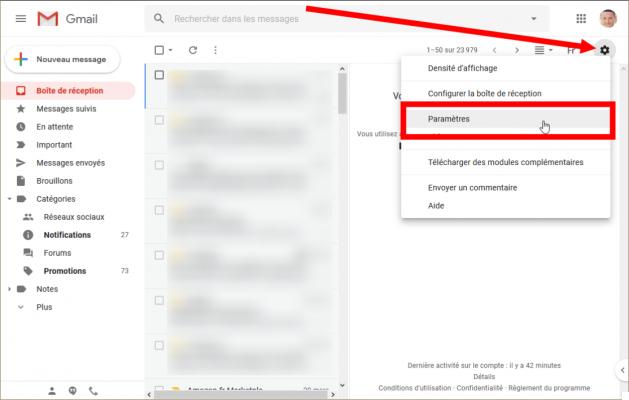

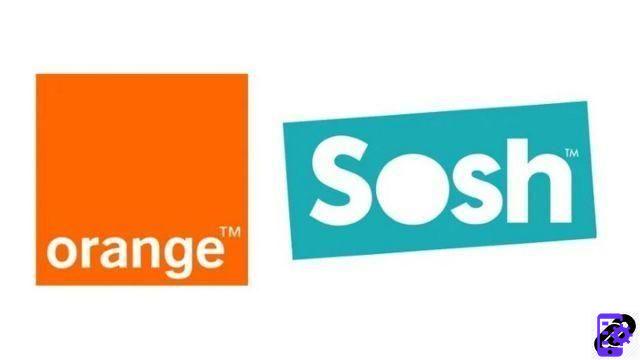
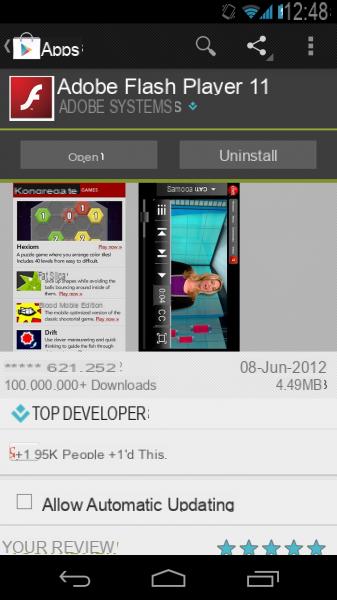


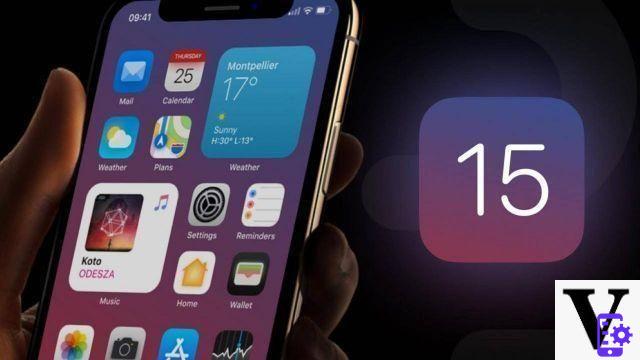

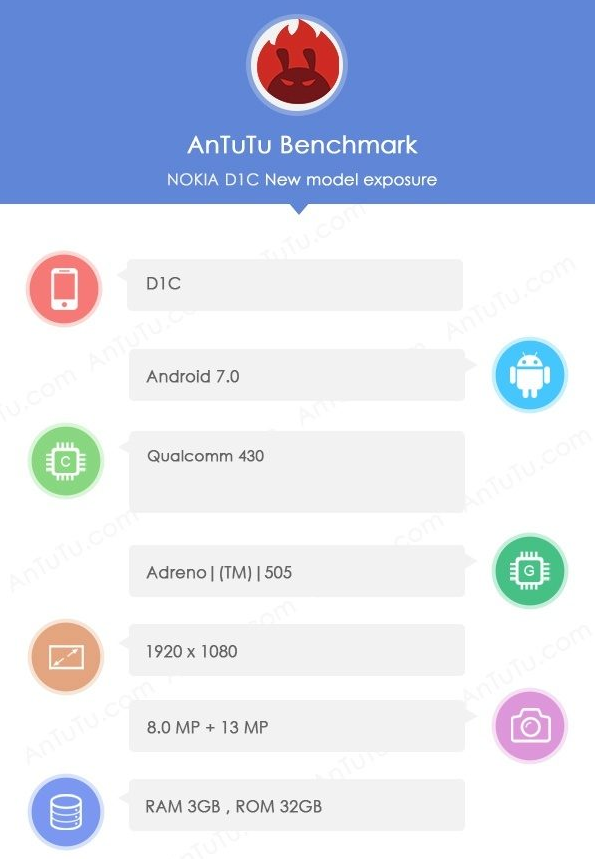
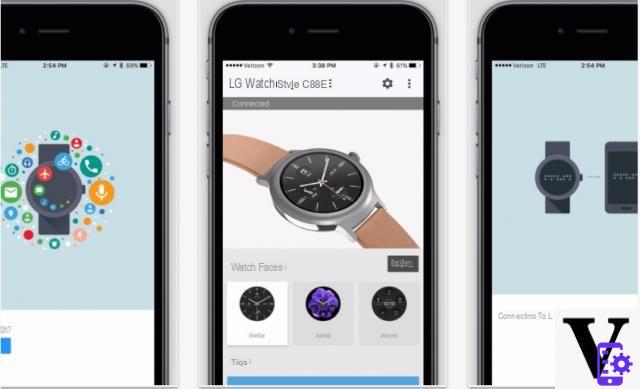

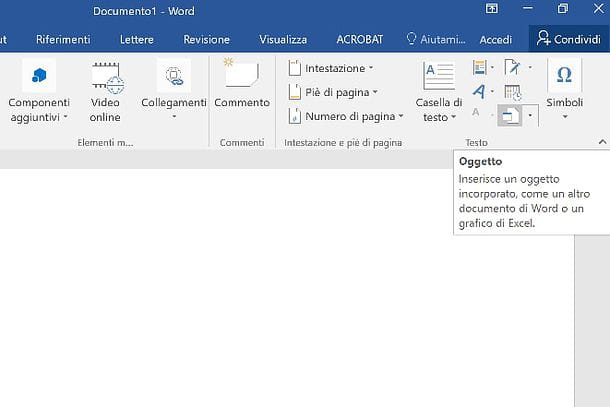
![[Review] Samsung Powerbot VR7000: the robot vacuum cleaner from Star Wars](/images/posts/6bc44de38605b5c0fa12661febb1f8af-0.jpg)

